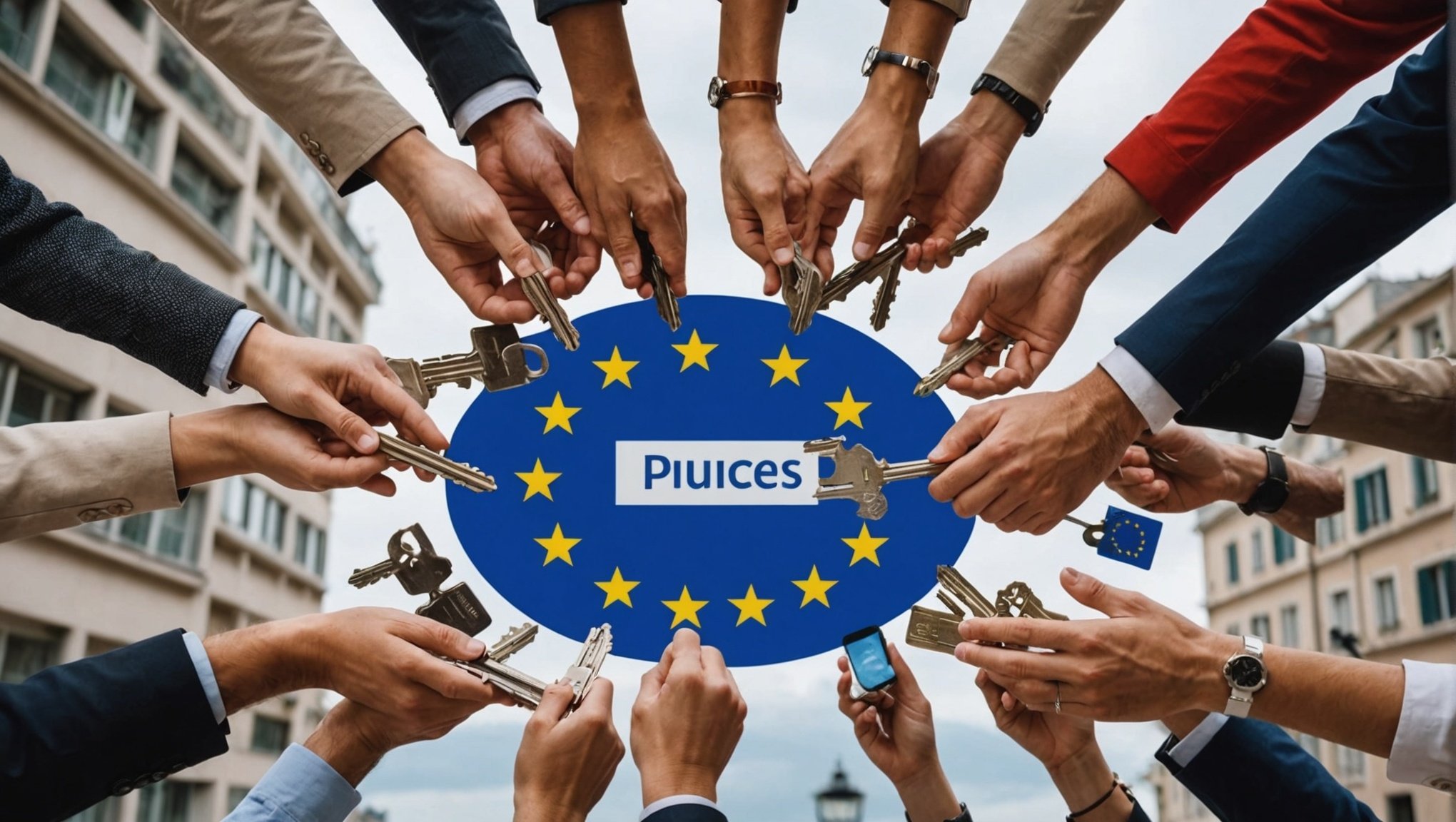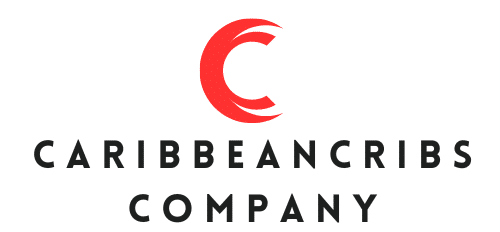Boosting local growth: the power of european regional development

Unlock the untapped potential of local economies with the transformative power of European regional development. Dive into how strategic EU policies and funding programs are driving economic growth, job creation, and resilience across various regions. From Northern Ireland's success stories to innovative public-private partnerships, explore the impactful initiatives and emerging opportunities that are reshaping the economic landscape at the grassroots level. Discover what's fueling the future of regional prosperity.
European regional development policies and local economic growth
The European Regional Development Fund (ERDF) is a pivotal instrument within the European Union's regional policy framework. Its primary objective is to reduce economic disparities across regions and promote cohesive growth. The ERDF achieves this by financing projects that enhance infrastructure, foster innovation, and support small and medium-sized enterprises (SMEs). By co-financing initiatives, the ERDF ensures that regions can undertake significant development projects that might otherwise be unfeasible due to budget constraints.
A lire en complément : Honeycomb cardboard: the eco-friendly packaging revolution
Impact on local economic growth
The impact of European regional development policies on local economies is profound. For instance, the European Social Fund (ESF) has made significant strides in Northern Ireland, positively affecting the lives of 77,000 individuals by providing them with essential skills and experience for workplace success. Similarly, ERDF initiatives have bolstered local economies by increasing employment rates and productivity. These projects not only address immediate economic needs but also lay the groundwork for sustainable growth by improving regional competitiveness and fostering innovation.
Key funding programs and initiatives
Several key funding programs and initiatives underscore the EU's commitment to regional development:
A lire aussi : What Is the Role of NFTs in Authenticating Collectibles for UK Art Dealers?
European Social Fund (ESF): Focuses on combating poverty and promoting social inclusion. The Northern Ireland ESF 2014-2020 Operational Programme, for example, supports unemployed individuals, people with disabilities, and young people not engaged in education or employment, helping them transition into further education, training, or employment.
European Regional Development Fund (ERDF): Prioritizes smart economic transformation, green and low-carbon transitions, regional connectivity, social inclusion, and integrated urban, rural, and coastal development. For the 2021-2027 period, the ERDF aims to promote sustainable and inclusive growth by addressing regional imbalances and fostering interregional cooperation.
New Initiatives: Recently, a £46 million scheme was launched to enhance efficiency and productivity in the Agri-food and drink sectors. This initiative exemplifies the EU's strategy to support specific industries critical to local economies.
By leveraging these funding mechanisms, regions across Europe can implement comprehensive development strategies that address both short-term economic challenges and long-term growth objectives. This multifaceted approach ensures that local economies are not only resilient but also capable of thriving in an increasingly competitive global market.
Success stories of regional development in Northern Ireland
Northern Ireland has witnessed remarkable transformations thanks to the European Social Fund (ESF) and the European Regional Development Fund (ERDF). One noteworthy example is the Northern Ireland ESF 2014-2020 Operational Programme. This initiative, aimed at combating poverty and promoting social inclusion, has supported 77,000 individuals by providing essential skills and workplace experience. Among the 66 projects funded, many focus on aiding unemployed individuals, people with disabilities, and young people not engaged in education or employment.
Another success story is the ERDF-backed infrastructure projects. These projects have significantly bolstered local economies by enhancing regional competitiveness and fostering innovation. For instance, investments in transport and digital infrastructure have improved regional connectivity, thereby attracting businesses and creating jobs.
Statistical data on growth impacts
The impact of these programs is evident in the statistics. From April 1, 2018, to March 31, 2022, ESF projects aimed to support 65,000 participants, focusing on Priorities 1 and 2. This targeted approach has led to increased employment rates and productivity in the region. Additionally, the ERDF's focus on smart economic transformation and green transitions has contributed to sustainable local growth.
Personal stories of individuals impacted by the programs
Personal stories further highlight the profound impact of these regional development initiatives. Take John, a young man from Belfast who struggled with unemployment. Through an ESF-funded training program, John gained the skills needed for a career in digital marketing. Today, he works for a leading tech company, attributing his success to the opportunities provided by the ESF.
Similarly, Sarah, a small business owner in the Agri-food sector, benefited from the new £46 million scheme launched in July 2024. This initiative aimed at enhancing efficiency and productivity has enabled her business to expand, creating more local jobs and contributing to the community's economic resilience.
These success stories underscore the transformative power of EU funding for growth. By addressing both immediate economic challenges and long-term development goals, these programs ensure that local economies in Northern Ireland are not only resilient but also poised for sustainable growth.
Strategies to improve with european regional strategies
To improve with european regional strategies, collaboration and innovation are essential. By working together, regions can pool resources, share best practices, and leverage each other's strengths. This collaborative approach not only enhances regional competitiveness but also drives inclusive regional growth. For example, cross-border cooperation initiatives funded by the European Regional Development Fund (ERDF) have successfully connected regions, fostering economic synergies and innovation.
Role of public-private partnerships in regional development
Public-private partnerships (PPPs) play a pivotal role in regional development by combining public sector oversight with private sector efficiency and innovation. PPPs facilitate the execution of large-scale projects that might be unattainable for public entities alone due to budget constraints. These partnerships are instrumental in areas such as infrastructure improvement projects, where private investment complements public funding to deliver high-impact outcomes. The involvement of local businesses and stakeholders ensures that projects are tailored to meet regional needs, thereby enhancing regional competitiveness.
Examples of effective regional strategies
Several regions have implemented effective strategies that have significantly boosted local economies:
Smart Economic Transformation: Regions like Northern Ireland have leveraged ERDF funding to support smart economic transformation projects. These initiatives focus on digital innovation and the modernization of local industries, driving productivity and job creation.
Green and Low-Carbon Transitions: The transition to a green economy is a priority for many regions. By investing in renewable energy projects and sustainable practices, regions not only reduce their carbon footprint but also create new economic opportunities. The ERDF's emphasis on green transitions has enabled regions to become more resilient and future-ready.
Social Inclusion and Access to Services: Programs funded by the European Social Fund (ESF) have been crucial in promoting social inclusion and providing access to quality services. These initiatives support vulnerable populations, helping them gain the skills and opportunities needed for economic participation. The Northern Ireland ESF 2014-2020 Operational Programme is a prime example, having supported 77,000 individuals in their journey towards employment and social integration.
By adopting these strategies, regions can effectively address both immediate and long-term economic challenges, ensuring sustainable and inclusive growth. The success of these initiatives highlights the transformative power of EU Structural Funds in fostering regional development and economic resilience.
